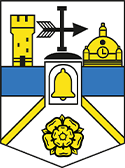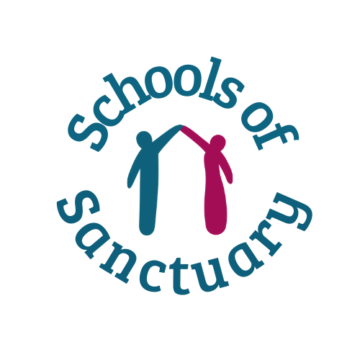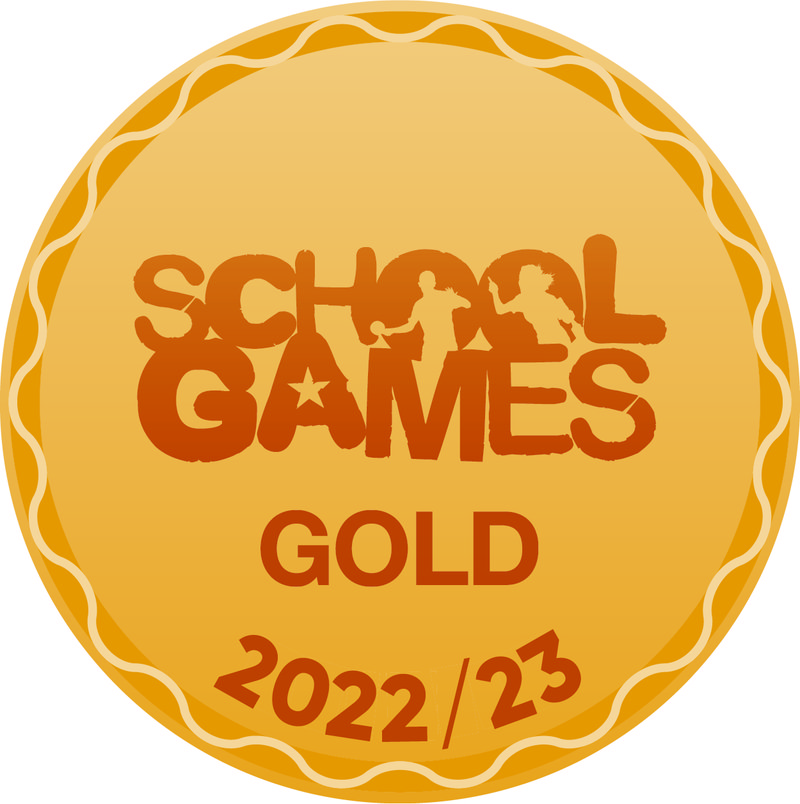History
Our History subject leader is Mrs Joanna Richardson
Intent
Glusburn Community Primary School History Curriculum Rationale
At Glusburn Community Primary School, we believe that knowledge rich History lessons will inspire all children to develop a sense of curiosity about the past, as well as a desire to embrace a variety of activities and experiences across a range of History topics. Children have opportunities to investigate and interpret the past; understand chronology; communicate historically and build an overview of local history, Britain’s past and that of the wider world. We are determined that pupils will be supported to develop a well-rounded knowledge of the past and its events, with intention to improve every students’ cultural capital, understanding of the world around them and their own heritage.
Chronology - Key Stage 2 Timeline
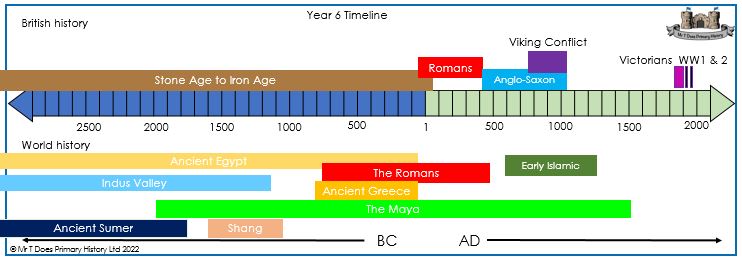
How is the History Curriculum Implemented?
History shares its place within humanities and pupils study three half-terms of history and three half-terms of geography during the academic year. British History is taught over the full autumn term and the historical focus during the second half of each summer term is ‘world history’. Woven into this are disciplinary concepts including: continuity and change; similarities and differences; cause and consequence; sources of evidence and historical interpretation. We also teach substantive concepts such as significant people, places and events; military invasion; culture and religion as well as some political & economic concepts.
In KS1 and KS2 History lessons are planned and sequenced so that new knowledge and skills build on what has been taught before. Our youngest children start learning about chronology from the present day and work back in time, learning about events within living memory to those beyond living memory. In KS2, British history is taught in chronological order, starting with The Stone Age. This enables pupils develop a chronological narrative and make comparisons between different time periods. Each topic in KS1 and KS2 begins with an enquiry question such as ‘How did early man survive and adapt from The Stone Age to The Iron Age?’ followed by a sequence of lessons that contribute towards the overall historical enquiry focus. Children are able to communicate their ideas in a variety of ways and make cross-curricular links with subjects such as art, PSHCE, geography and English through ‘Talk for Reading’.
Children are taught to differentiate between source types and explain how interpretations in History may differ. Over time, they draw on similarities and differences within given time frames and across previously taught History. Children are able to form links through historical and geographical concepts, exploring how these are layered and intertwined allowing for a deeper explanation and broader understanding of the humanities.
Educational visits bring our history topics to life through enrichment as well as opportunities to re-visit and embed prior learning. These currently include:
- a year one toy workshop delivered by Craven Museum, Skipton;
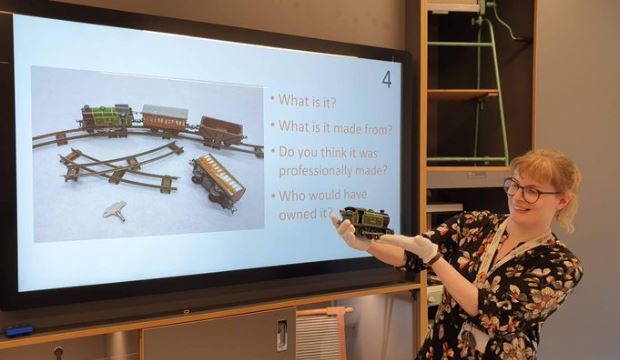
- a year two tour of Glusburn School (Victorian Building 1874) Glusburn Institute and Mill as part of their local history topic;
- a year three Egyptian mummification workshop at Cliffe Castle Museum;
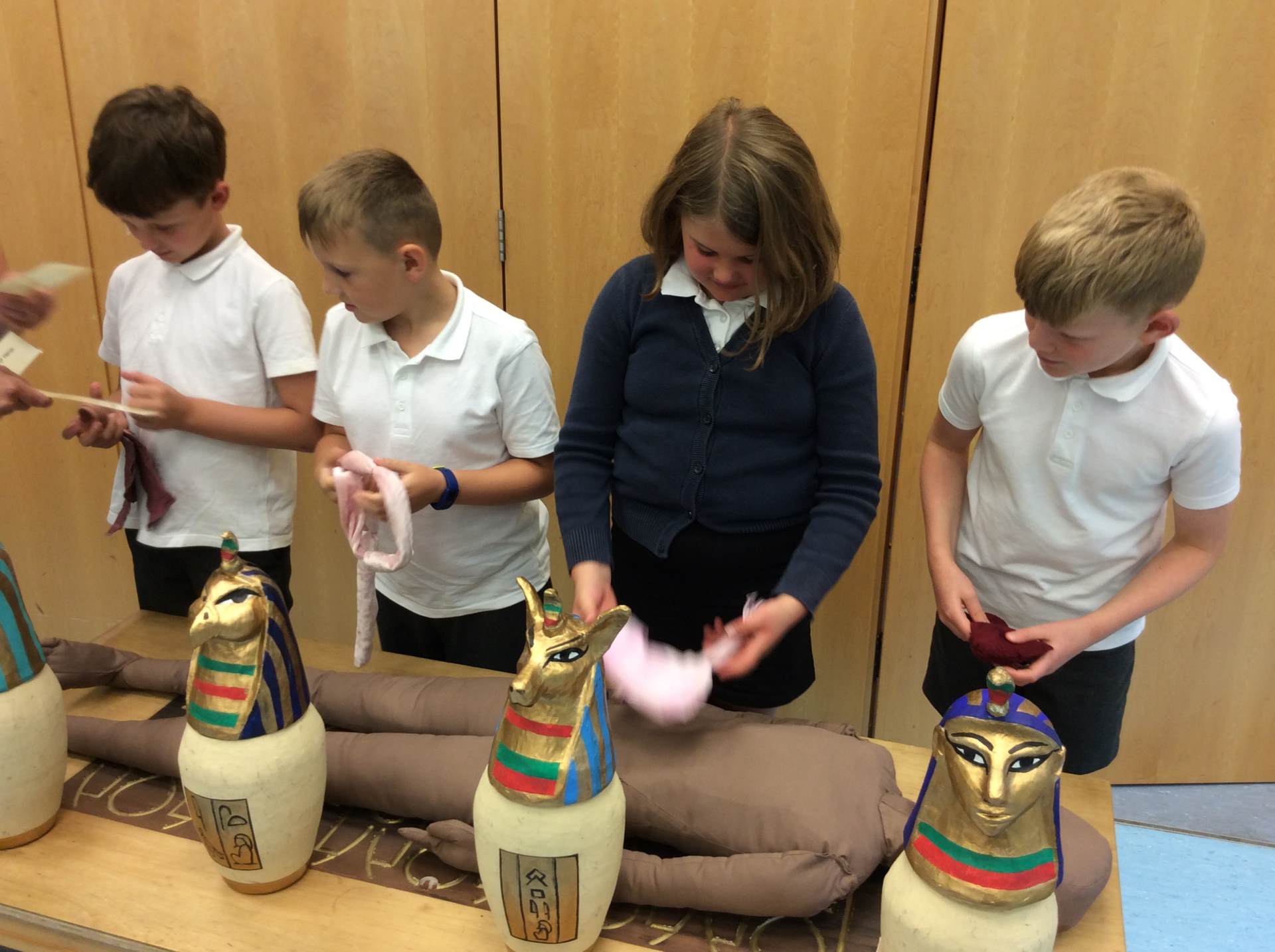
- a year four visit to the Jorvik Viking Centre including a battle tactic workshop and archaeological dig;
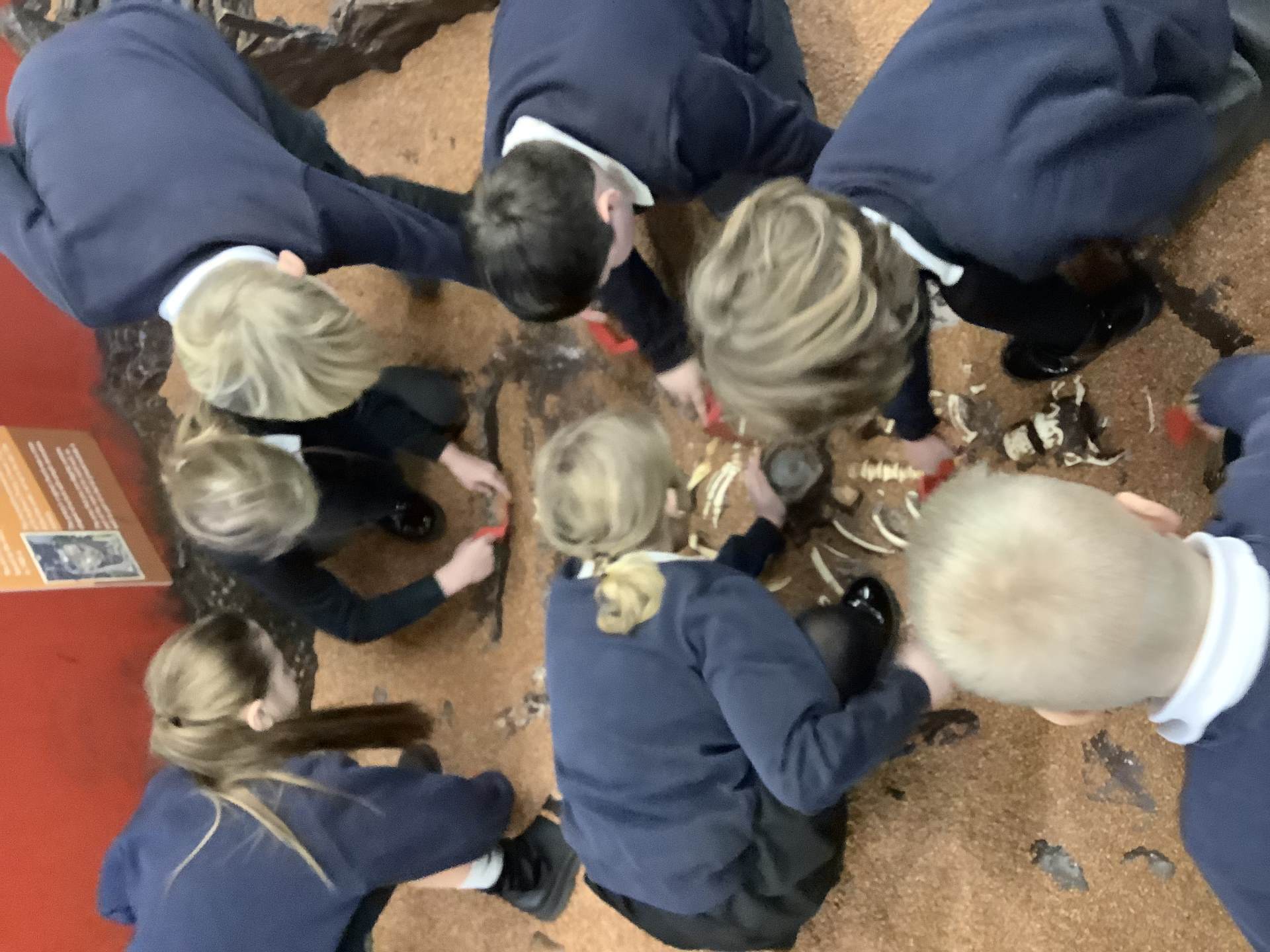
- a year five local Victorian study of Glusburn's Victorian buildings, monuments and the legacy of local Victorian philanthropist SirJohn Horsfall.
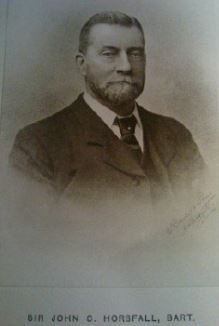
- a year six primary school educator led workshop provided by the National Holocaust Centre & Museum that challenges pupils to think about identity, courage and kindness by exploring the journeys of Jewish children who left their countries on Kinder transport.
How is History Enabled in the Early Years?
In Early Years, History is taught through the Specific area of Understanding the World: Past & Present as well as People, Culture & Communities and is enabled through for example: providing activities and opportunities for children to share experiences and knowledge from different parts of their lives with each other; providing ways of preserving memories of special events, e.g. making a book, collecting photographs, recording, drawing, writing and storytelling provide opportunities for children to talk about past and present events in their own lives and in the lives of family members.
How does the History Curriculum Reflect our School’s Values and Ethos?
As a rights respecting school, all children are encouraged to discuss & reflect on historical events in order to support their learning and to develop their empathy and global citizenship. History and its impact on our lives today is reflected upon within significant events and assemblies throughout the year, such as Remembrance Day, where all children, including EYFS, take part in Remembrance services at school and at local war memorials embedding our school value of respect.
UNCRC ARTICLE 29: Education should help develop every child’s personality, talents and mental and physical abilities to the full. It should develop children’s respect for their own rights and those of others, for their parents, for their own culture and the cultures of others, and for the natural environment.
Impact of the History Curriculum:
In order to monitor the effective teaching and progression of these key history skills across the key stages, a range of measures will be used:
- Planning scrutiny focusing on the planned sequences of learning and skills across a year group and specific topics.
- ‘Book looks’ in children’s history books to find examples of learning showing progression of skills and knowledge.
- Pupil voice from a range of children across the school to develop a better understanding of their interests and views on the history curriculum.
- Opportunities for sharing good teaching/activity ideas for the key history skills during staff meetings throughout the school year
The impact and measure of this is to ensure that children at Glusburn primary school are equipped with substantive and disciplinary knowledge of history that will enable them to be ‘secondary ready’ and for life as an adult in the wider world.
Special Educational Needs and Disability
We recognise that pupils with SEND have a range of different needs and starting points. Some of our pupils have severe, complex or profound needs that have a significant impact on their cognitive development, especially the way that they are able to make alterations to their long-term memory.
Teachers are ambitious for all pupils, including those with SEND, developing and adapting the curriculum so that it is coherently sequenced to all pupils’ needs, starting points and aspirations for the future; acquiring the knowledge and cultural capital they need to succeed in life.
UNCRC ARTICLE 23: A child with a disability has the right to live a full and decent life in conditions that promote dignity, independence and an active role in the community.
How is History Assessed?
Each unit of work begins by ascertaining the children’s prior knowledge and any connected knowledge held in their long- term memory by making chronological links to previous history topics. Children continue to recall their knowledge and develop historical concepts throughout a unit in order to ensure an alteration in long-term memory. At the end of each unit of work, pupils take part in a recall of knowledge in order to answer the overall historical enquiry question. This may be evidenced through whole class shared re-visits, a short quiz or an independent knowledge organiser.
In Early Years children are assessed against the Early Learning Goal:
Early learning goals – Understanding the World: Past
Children at expected level will:
Talk about the lives of the people around them and their roles in society;
Know some similarities and differences between things in the past and now, drawing on their experiences and what has been read in class;
Understand the past through settings, characters and events encountered in books read in class and storytelling.
Long Term Plan
history long term plan october 2024.pdf
Galleries
Black History Month Learning October 2024
Historical Sources and Concepts

